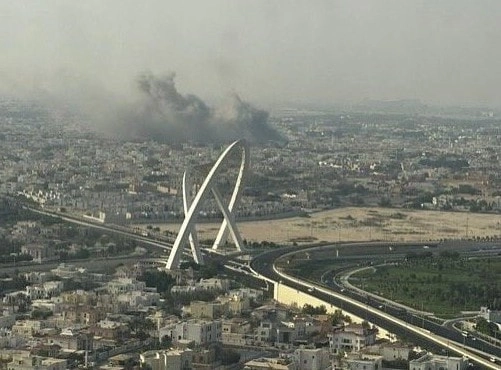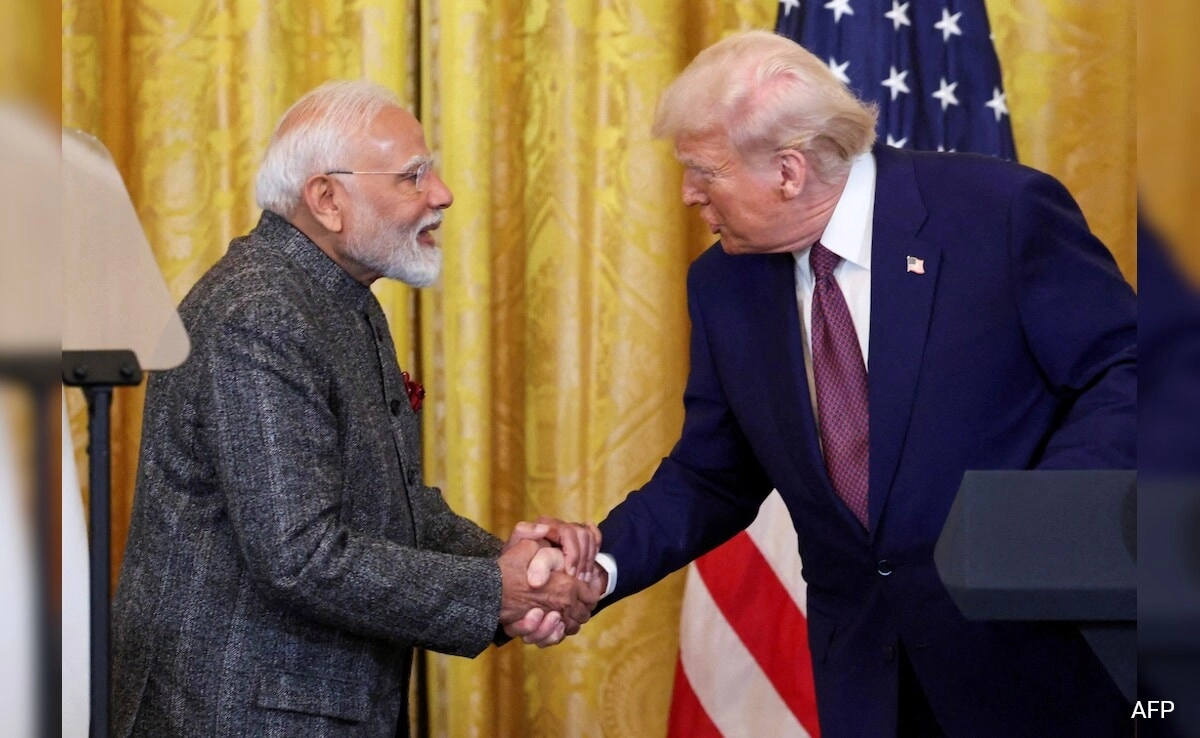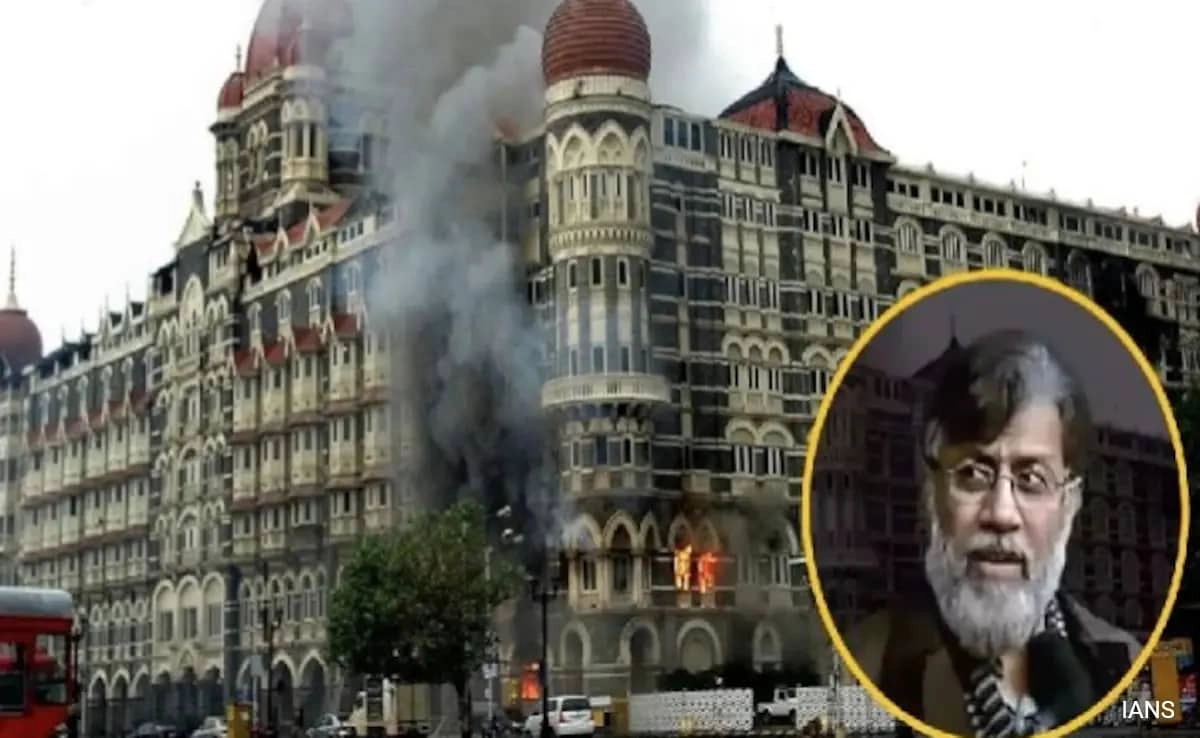In a dramatic escalation of regional tensions, Israel has reportedly launched airstrikes on Doha, Qatar, targeting locations believed to be harboring key Hamas leaders. This operation, dubbed the “Summit of Fire,” signifies a stark shift in Israel’s strategic approach to combating Hamas, especially in light of the ongoing conflict that has plagued the region for years. The Israeli government has framed this action as a necessary measure to eliminate threats posed by Hamas, which has been implicated in numerous attacks against Israeli civilians and military personnel.
The choice of Doha as a target underscores the complexities of Middle Eastern geopolitics, as Qatar has been known to maintain a nuanced relationship with Hamas, providing it with a platform for political dialogue while also facilitating humanitarian efforts in Gaza. This duality has often placed Qatar in the crosshairs of criticism from Israel, which sees any form of support for Hamas as a direct threat to its national security. The airstrikes have sparked widespread condemnation from various international actors, with calls for de-escalation and concerns about the potential for a broader conflict.
As Israel intensifies its military operations, the implications for regional stability are significant. The civilian population in Qatar, as well as in neighboring countries, may face increased risks as retaliatory measures could ensue. Furthermore, this operation raises questions about the future of peace negotiations in the region, which have long been hampered by cycles of violence and mistrust. The international community is watching closely, as the situation could lead to a reevaluation of diplomatic ties and alliances in the Middle East, particularly for countries like Qatar that straddle the line between support for Palestinian rights and maintaining relations with Israel.
In the wake of these developments, analysts are grappling with the potential fallout. The airstrikes could provoke a resurgence of violence, not only from Hamas but also from other militant groups in the region that may feel compelled to respond in solidarity. The situation remains fluid, and the coming days and weeks will be critical in determining whether this operation leads to a sustained escalation or if diplomatic efforts can be reinvigorated to prevent further bloodshed. The world watches as the consequences of this military action unfold, highlighting the precarious balance of power in the Middle East and the enduring challenges of achieving lasting peace.




